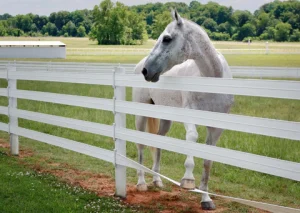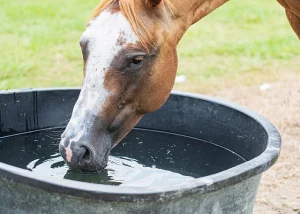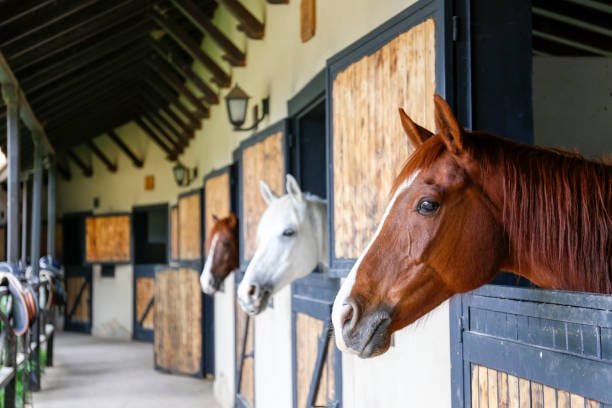Creating a healthy barn environment for your horses is essential for their overall well-being.
A clean, safe, and stimulating space can prevent illness and promote happiness. Here are some tips to help you maintain a healthy barn environment for your equine friends.
1. Maintain Cleanliness
A clean barn is the foundation of a healthy environment. Regularly muck out stalls to remove manure and soiled bedding. This not only keeps the area tidy but also helps prevent respiratory issues and the spread of disease.
- Daily Routine: Establish a daily cleaning routine for stalls, aisles, and communal areas.
- Deep Cleaning: Schedule deep cleanings regularly, including disinfecting surfaces and equipment.
2. Ventilation is Key
Proper ventilation is crucial to maintaining air quality in the barn. Good airflow helps reduce moisture and prevents the buildup of ammonia from urine, which can irritate your horses’ respiratory systems.
- Windows and Doors: Open windows and doors when possible to encourage airflow.
- Fans and Vents: Consider installing fans or vents to improve circulation, especially in enclosed spaces.
3. Provide Safe and Comfortable Bedding
Bedding plays a significant role in your horse’s comfort and health. Choose bedding that is absorbent, comfortable, and safe.
- Bedding Options: Straw, shavings, or pelleted bedding are popular choices. Each has its benefits, so consider what works best for your horses and budget.
- Regular Replacement: Change bedding regularly to prevent mold and bacteria growth.
4. Ensure Safe Fencing and Facilities

Safety should always be a priority in any horse barn. Inspect fencing and other structures regularly to ensure they are secure and in good condition.
- Fencing: Check for loose boards, protruding nails, or any hazards that could injure your horse.
- Shelters: Ensure that run-in sheds and stalls are free of sharp edges and provide adequate protection from the elements.
5. Create an Enriching Environment
Horses are intelligent animals that thrive in stimulating environments. Providing enrichment can help keep them mentally and physically active.
- Toys and Puzzles: Offer safe toys or puzzles that encourage play and exploration.
- Social Interaction: Allow horses to interact with each other, as socializing is important for their mental health.
6. Nutrition and Clean Water

A balanced diet is vital for your horse’s health. Ensure that they have access to high-quality hay and feed.
- Consult a Nutritionist: Work with a veterinarian or equine nutritionist to determine the best diet for your horse’s needs.
- Fresh Water: Always provide fresh, clean water. Regularly check water troughs for cleanliness and refill them as needed.
7. Regular Health Checks
Routine health checks and vaccinations are crucial for preventing illness. Keep a close eye on your horses for any signs of distress or disease.
- Veterinary Care: Schedule regular check-ups with your veterinarian and keep vaccinations up to date.
- Daily Observations: Spend time observing your horses daily; changes in behavior or appetite can indicate health issues.
8. Mind the Floor
The floor of your barn can significantly impact the health of your horses. Choose flooring that is non-slip, durable, and easy to clean.
- Surface Material: Consider options like rubber mats, which provide cushioning and reduce the risk of injury.
- Drainage: Ensure that the barn has proper drainage to prevent standing water and muddy conditions.
9. Manage Waste Properly
Proper waste management is essential for both health and hygiene. Manure and waste should be handled responsibly to prevent the spread of disease and pests.
- Composting: Consider composting manure, which can be an effective way to manage waste and create nutrient-rich soil for gardening.
- Regular Removal: Set a schedule for waste removal to keep the barn clean and odor-free.




